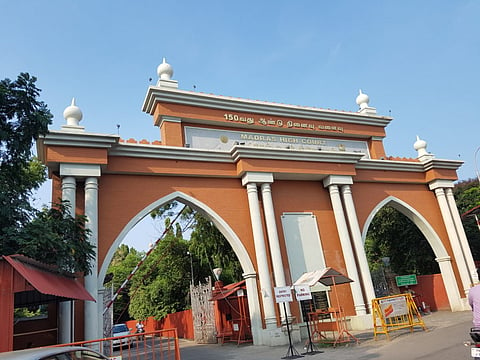
- News
- Columns
- Interviews
- Law Firms
- Apprentice Lawyer
- Legal Jobs
- हिंदी
- ಕನ್ನಡ

The Madras High Court on Monday issued notice in a petition challenging the vires of provisions concerning the constitution of Appellate Tribunals under the Central Goods and Services Tax (GST) Act, 2017.